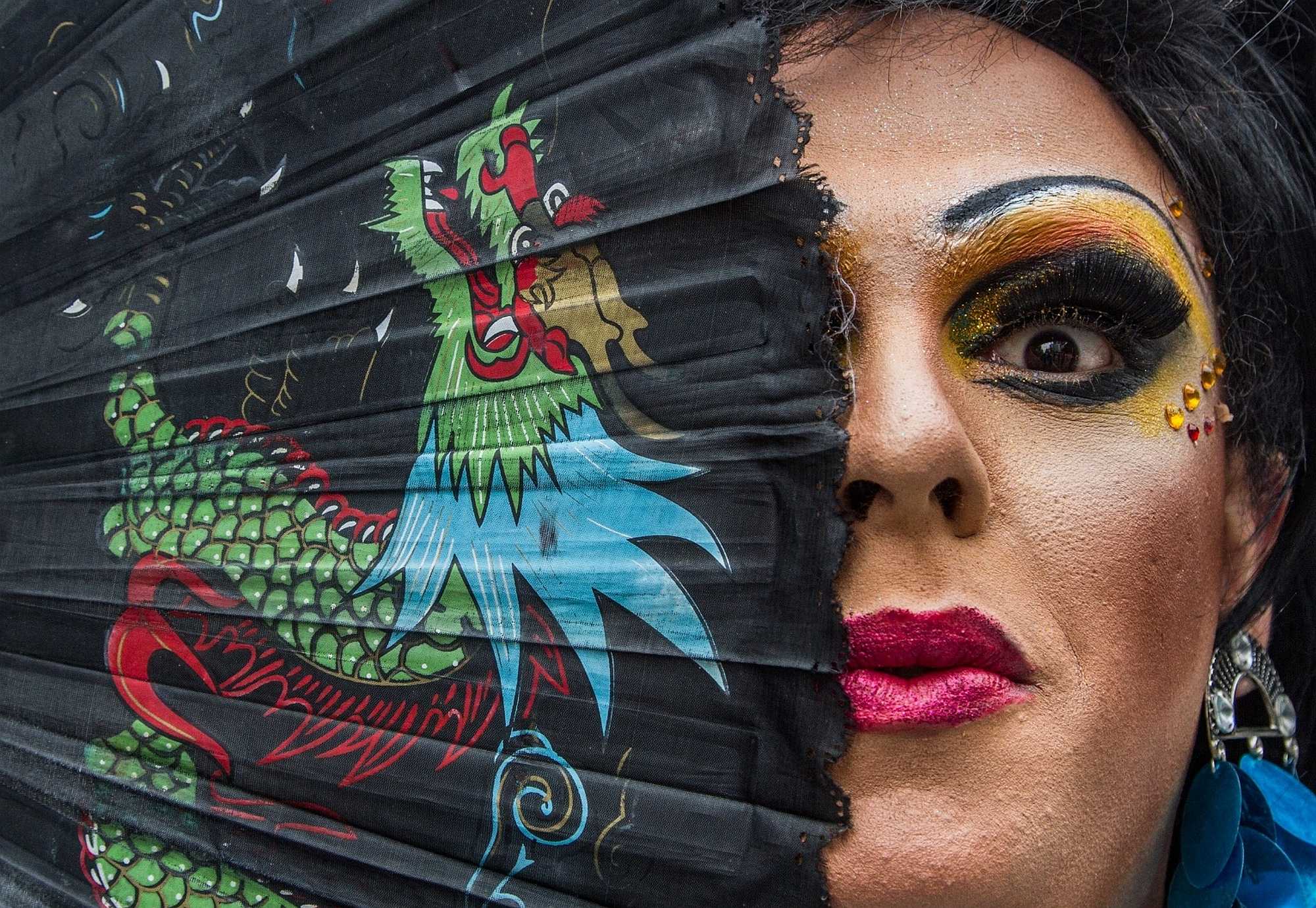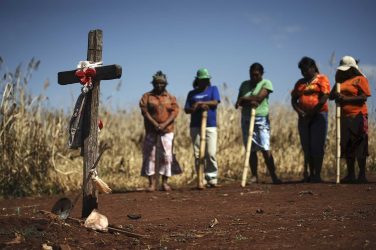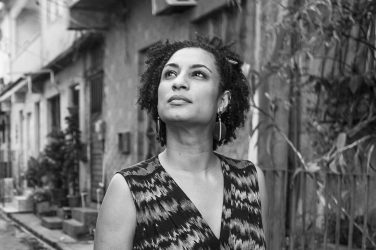An app that maps safe spaces for LGBT+ people and features a panic button to warn friends of risk was launched on Wednesday in Brazil, one of the deadliest countries to be gay or trans.
The app is called Dandarah, after a trans woman who was murdered in 2017, and received its initial funding from Jean Wyllys, one of Brazil’s few openly gay congressmen who fled the country this year due to death threats.
“The LGBTQ community in Brazil as a whole, and especially the transgender group, is facing a large scope of violence,” said University of Toronto’s Monica Malta, a mental health expert who has studied violence faced by trans women in Brazil.
“We hope that this app will be a strategy to help us (address the violence),” said Malta, who helped develop the app.
Despite recent rulings in favor of LGBT+ rights, including a Supreme Court decision in June making homophobia a crime, religious conservatism and widespread violence often make Brazil a hostile country for gay and trans people.
Brazil had the highest number of trans murders globally – at 130 – in the 12 months up to Sept. 30, according to the Trans Murder Monitoring project. Almost 40% of deaths worldwide took place in the 200 million-strong nation.
Dandarah follows a global trend of digital platforms helping to keep LGBT+ people safe, with the GeoSure app, which rates risk for travelers in 30,000 neighborhoods worldwide, adding an LGBT+ safety category to its service last year.
The Brazilian app uses crowdsourcing to designate risky areas for gay and trans people by letting users mark locations where violent incidents occur, as well as police stations and safe spaces, like trans-friendly health clinics and charities.
If they feel in danger, its panic button allows users to alert five registered contacts who receive the user’s location and phone numbers for emergency services.
According to watchdog group Grupo Gay da Bahia, 320 LGBT+ people were murdered in Brazil last year.
Malta decided to launch the app after her study of nearly 3,000 trans women across Brazil revealed their “terrible and widespread experience of violence and discrimination”.
“The key issue for us to think about was … how could we build upon everything the community had and foster something that could give them a better tool to not only report (violence) but also reach out and support each other,” Malta said.
The rights groups and researchers behind Dandarah hope it will help paint a clearer picture of anti-LGBT+ violence in Brazil, where there are no official statistics on these attacks and many crimes go unreported for fear of discrimination.
“It encourages the population to report crimes so we can reduce omission and impunity,” said Bruna Benevides, a trans researcher and activist involved in the project, adding that the app is hosted on a secure server to protect users’ identities.
This article was produced by the Thomson Reuters Foundation. Visit them at http://www.thisisplace.org














